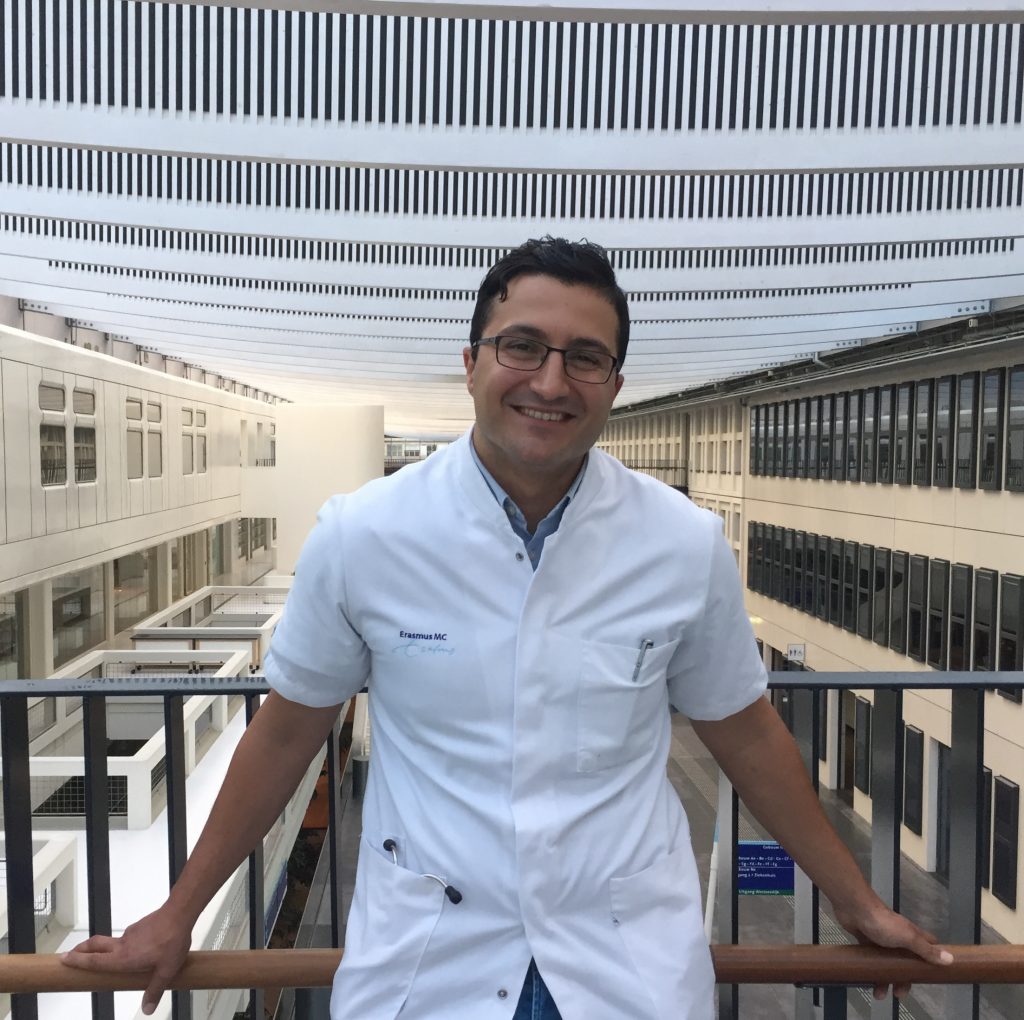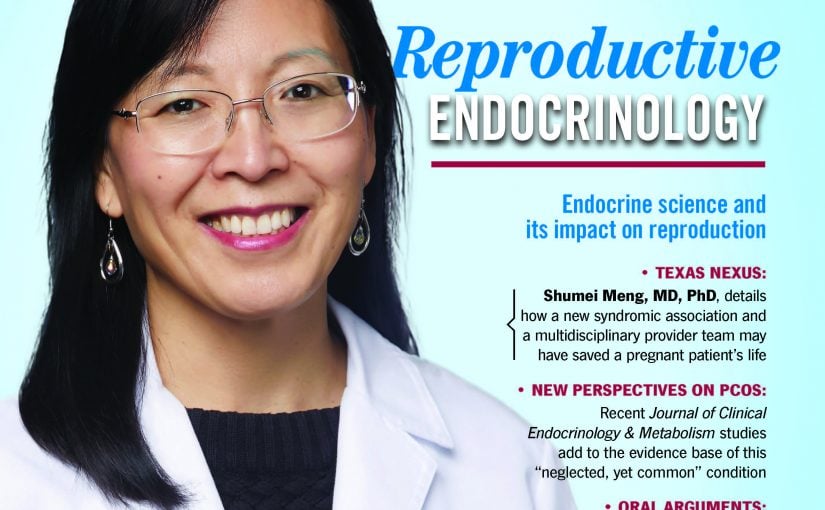
The human body has always captivated me with its delicate manner of maintaining homeostasis while also being able to adjust and adapt to changing circumstances. It was during secondary school that I learned that hormones play an important role in this balance. I remember the moment after my biology class when I enthusiastically tried to list all hormones I could think of, not knowing that this list was only getting bigger with time.
So far, my family history is free of serious endocrine disorders so my first actual patient contact with endocrine pathologies took place during clinical rotations. During one of the bedside lectures, we encountered a young patient who had a variety of complaints that were difficult to assign to a single problem. We released a string of questions hoping that it would lead us in the direction of the problem. When I realized that the patient suffered from hypopituitarism confounded by deficits on almost all related hormonal axes, I felt a sense of euphoria that I’m sure many other young physicians-in-training can understand. It was the first time when all the diagnostic pieces seemingly fell into the right place.
“The combination of different perspectives and expertise has not only enhanced my personal growth but has also led to new insights which in the end will hopefully benefit our patients.”
This and many other similar cases fascinated me in the way that the “hormonal symphony” is responsible for many of our daily functions we normally take for granted. The moment one of the players, or more importantly the conductor, deviates from the score, this can impact our lives reflected in both physical and psychological complaints. This can simultaneously show up in a single or a combination of several physical signs which can guide us in the diagnostic process. The latter was actually the greatest personal motivation to write my first medical book dedicated to physical examination.
Besides my clinical goals, I realized quite early during my medical education that I also wanted to pursue a career in scientific research. From my peers, I understood that there was an internist-endocrinologist at our academic center who was leading brilliant research of stress (glucocorticoids) and obesity. Both topics immediately grabbed my attention since I had already a great deal of interest in the pathophysiology of the stress system and its widespread effects on the body and because a large part of the general population was suffering from these conditions.
Knowing the busy schedule many of the internists have, I decided not to take the usual way of trying to make an appointment via the secretary but instead knocked on her door and directly introduced myself. Luckily, professor Elisabeth van Rossum was kind enough to let me tell my story, and I remember one of her first questions was exactly like the title of this column: “Why endocrinology?” Since this first meeting, I am fortunate to say that under her guidance I gained much experience in many aspects of science and am currently pursuing my doctoral degree in professor van Rossum’s group.
The combination of doing research, seeing patients at our expertise obesity clinic, and educating medical students really fills me with enthusiasm and joy. One of the recent memorable moments so far is that our research, demonstrating strong relationships between local corticosteroid use and metabolic syndrome, was selected as one of a few from thousands of submitted studies to get press attention at ENDO 2017 in Orlando. I felt that we may actually be able to contribute on a large scale to major health problems.
One of the other most intriguing features of my research, and I assume also of several other (endocrine) topics, is the fact that it comprises many aspects of the human body. This systemic involvement has opened the door for collaboration with scientists from all disciplines. The combination of different perspectives and expertise has not only enhanced my personal growth but has also led to new insights which in the end will hopefully benefit our patients.

